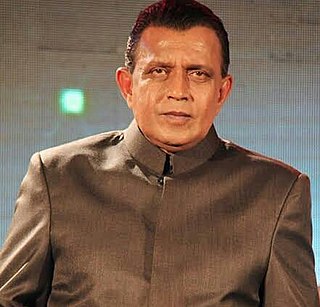A Quote by Mithun Chakraborty
People are often shy to acknowledge that they are Bengalis. They somehow take pride in saying that they cannot speak or read the language.
Related Quotes
There is a slam-dunk case for extending foreign language teaching to children aged five. Just as some people have taken a perverse pride in not understanding mathematics, so we have taken a perverse pride in the fact that we do not speak foreign languages, and we just need to speak louder in English.
There are endless consumer applications, but what excites me is how this can help people. A man who cannot speak communicates with sign language, but the average person doesn't know that language. SixthSense, if equipped with speakers, can recognize the gestures and form the words - it will speak for him.
Magicians and scientists are, on the face of it, poles apart. Certainly, a group of people who often dress strangely, live in a world of their own, speak a specialized language and frequently make statements that appear to be in flagrant breach of common sense have nothing in common with a group of people who often dress strangely, speak a specialized language, live in ... er.
The difficulty of saying I-a phrase from the East German novelist Christa Wolf. But once having said it, as we realize the necessity to go further, isn't there a difficulty of saying 'we'? You cannot speak for me. I cannot speak for you. Two thoughts: there is no liberation that only knows how to say 'I'; there is no collective movement that speaks for each of us all the way through.
The more familiar two people become, the more the language they speak together departs from that of the ordinary, dictionary-defined discourse. Familiarity creates a new language, an in-house language of intimacy that carries reference to the story the two lovers are weaving together and that cannot be readily understood by others.
I think it is time for a new pride in the intellectual life, and a new impatience with people who take pride in ignorance, or somehow use "elite" to mean "person who has taken the time to know" and then are eager to dismiss, say, striving, or the notion that improving one's self out of difficult conditions is a noble thing.
I feel like it's not so much a tradition as a system that has been codified over the centuries starting in the Renaissance that applies to any painted surface. So if you're engaging in paintings, this is the language that one has to learn and is obliged to speak. I was very fortunate that I learned this language when I was a kid before I went to California, where I learned the language of attitude. Somehow the two things began to coexist.




































